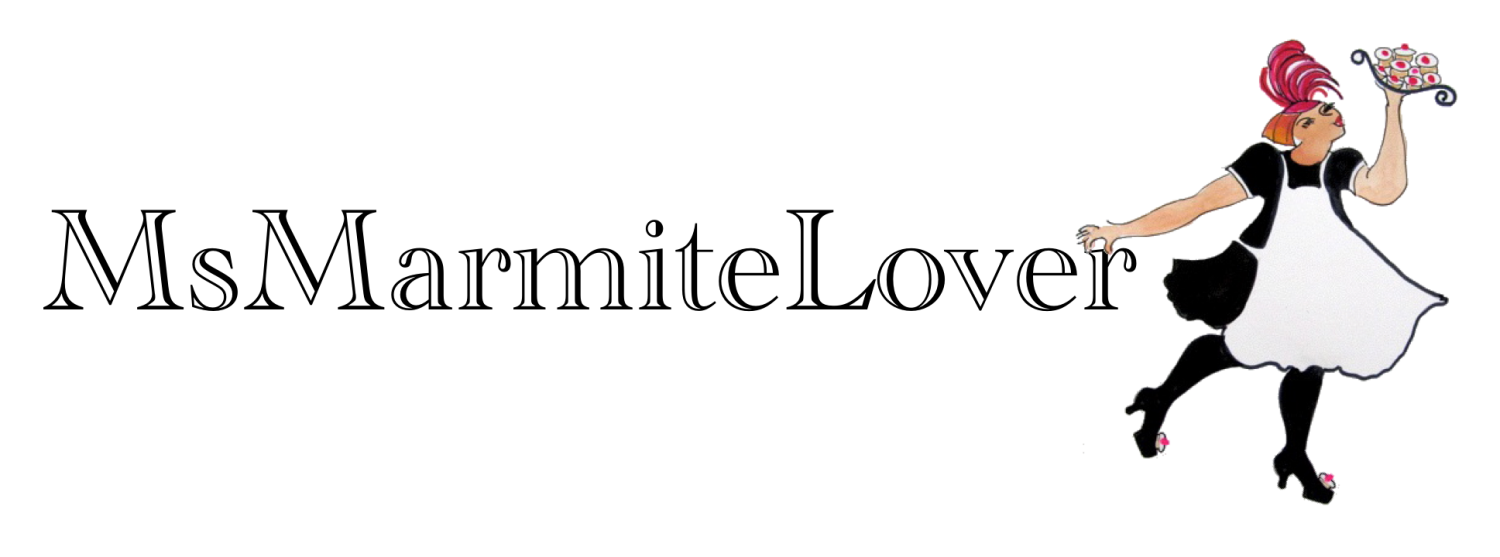Settle in folks, this is gonna be a long ‘un (great thing about blogging, no word count, yay!)
“I hate the words ‘fast’ and ‘easy’. How can you learn any art form overnight?”
“Some things are meant to be fast and easy…I was part of a small team at Penguin in the 60s. When they divided up the editing departments, I got ‘cooking’. I didn’t cook”
The audience laughs, the implication is clear, she got what was considered the female area of expertise.
“But I knew how to eat. I learnt to eat in France when I was a student at the Sorbonne. Nobody was publishing food books at that time except for Penguin publishing.Elizabeth David was very conscientious about her books. She frequently updated them with footnotes about when ingredients became available in England.Jane Grigson’s book on charcuterie was a classic. We bought the rights. It wasn’t an instant best seller but sold slowly and steadily. It stayed in print until four years ago.Books were expensive and people didn’t have much money then. But towards the end of the 60s everybody was interested in cooking, trying new things…”
“Your food was never likely to look like the photographs in the books. Stylists would spray food with oil for instance. Nowadays the style is different. Often they use close-up pictures. But it’s easier to produce food now that actually looks like the pictures.”Judith Jones: “I find I have to be there when they are taking pictures…”
“The photographs can be misleading. Once I did a stuffed artichoke recipe. The stylist put the stuffing in a huge pyramid on top. But if the home cook did that there wouldn’t be enough stuffing for all the artichokes…”
“Who tests their recipes?”
“I test everything. Sometimes things didn’t work, or a chunk of information was left out. My children grew up with very eclectic food.”
“You can’t just hand over to a tester. Nothing is totally foul proof, you have to use common sense. A chef is hired, who will hire a writer. The writer is at home somewhere. You have to insist that the writer works with the chef and asks questions”
“Are professional chefs, who produce cookbooks, a good thing?”
“Someone mentioned Gordon Ramsay. In one of his books there were 40 mistakes with the recipes. He’d changed his home economist, sacked her, and got a new one. He was very angry with the publishers Michael Joseph. He blamed everybody but himself. Michael Joseph didn’t want to do his next book after that”
“You have to test the things that sound most improbable”
“Has it put you off food forever?”
“What do you think of celebrity chefs, the teaching out there?”
“On the whole I’m not in favour of the celebrity chef culture, they don’t help people to cook better. It’s become a spectator sport. You’ll watch them cook, with a ready made meal on your lap”
“One thing that is good is that it’s made say, young men, previously ashamed of cooking, think it’s a good thing to do. Because of Jamie Oliver, my grandson wants to cook”
“There are so many books out there but more and more people are buying ready made food. I just stayed in the US with a family who had the most wonderful kitchen but never cooked”
“It is disappointing. Women are all working, there isn’t someone at home all day. But you can do a quick meal, quicker than a box in the supermarket”
“Young people were inspired to cook for they fell in love with Julia (Child). In 1961, when ‘The Art of French Cooking’ was published, it exploded. People are sick of celebrity stuff.”
“Could cooking be just a fashion? Like skateboarding?”
The audience laughs.
“Some of it will persist. Farmer’s markets. The economic downturn could be positive. Writers and supermarkets explain what to do with inexpensive meat.”
“Is there a downturn in food publishing?”
“About 5 percent. It takes time for it to filter through. There are also issues of greenness, excess of packaging…”
“Each of the panellists introduced us to food of different nations. What do you think of fusion foods?”
“CONfusion. Unfortunate mixtures of ingredients. It’s generally Pacific rim with Western, cooking things in coconut milk. A couple of chefs do it well…Peter Gordon, that chap in New Zealand, where it came from”
“American is a country of immigrants. It’s kept cooking fresh and diverse”
“In the last century, for the first time, there was a big change in the foods of countries. There is this idea of ‘creativity’. It’s pushed by editors of food mags who have run out of ideas. They’ve done all the classics so every year they want to do new things.I do feel like it’s betraying cultures. A lot of dishes have lost their identity altogether. Iranian chicken with a Moroccan sauce for instance. Where is this recipe from? The internet! We can lose cultures if we mess with them too much. There is a dilution of the recipes. Recipes are led by editors. Original ethnic restaurants are less expensive than restaurants that copy and dilute those recipes.”
“When I was growing up, everybody ate everything. Nowadays vegetarianism is popular. Are you sensitive to food intolerances? At a dinner party last night, there were six people. Each one of them had some kind of food intolerance.”
“With Spanish cooking it can be hard to find a dish that doesn’t have a bit of ham. I just say you can do it without ham”
“I will say this is how the dish is normally made but you can make it without meat. My daughter became veggie and so it was a part of our family life. I say we do vegetable dishes not vegetarian dishes.”
“We can now get all types of food all year. The quality and the taste has gone”
“We try to help, for instance add sugar to tomatoes. In Spain there are not many herbs and spices. People are encouraged to add more aromatics.”
“Pity we have so many fruits that taste of nothing much all year round.”
“Ethically it’s tricky. I try to push locally grown foods.
“Do you try to eat seasonally?”
“I don’t. I’m always trying recipes. It’s always a trial. I’m glad of vegetables that come from Egypt, that Egyptians can sell their artichokes.”
“What about organic?”
“For me it’s more important that they are local.”
“Since I moved here I’ve noticed a real distinction between the classes in terms of what they eat. Even the ‘peasant’ cuts of meat such as brisket are expensive. How can we bring quality cooking to the working class?”
“You don’t need a great deal of meat to flavour things. But cheaper cuts do need to be cooked longer so there are issues over the expense of cooking something in the oven all night. People who have columns are trying to address this. Using vegetables in season is cheaper.”
“Jamie Oliver tried to encourage people to eat well”
“There are strategies…leftovers, using the same ingredients to create different dishes for next day’s lunch. We ought to start a movement also to make supermarkets sell smaller quantities. It’s particularly a problem in the US.”
“What do you think about food blogs? And the new underground restaurant movement?”
“I have a blog. We are all in the electronic age, publishers can’t ignore it. It’s great to google things. Good, intelligent blogs help people”
“Blogs that are good but a lot aren’t”
“I have a cousin in Paris. He joined a blog, or a club. (She seemed uncertain lol)I asked him about the recipes because I’ve noticed there are such discrepancies…one will say, cook this for three hours, another will say an hour and a half. My cousin told me that there are comments below, people will say if it didnt’ work. “
“Some of the recipes are contradictory but it is interactive.”




Wow, what a fabulous way to spend an afternoon. I absolutely adore Claudia Roden.
Thanks for writing that up – I'm still gutted I couldn't make it.
Haha, I have to say I agree with this to a degree:
Norman:
"CONfusion. Unfortunate mixtures of ingredients. It's generally Pacific rim with Western, cooking things in coconut milk. A couple of chefs do it well…Peter Gordon, that chap in New Zealand, where it came from"
Being from New Zealand I have always felt we really lack a distinct cooking style, unless meat and three vege counts. We really have a weird blend of traditional english cooking meets rural style food. In my books it doesn't. I must say I got so excited once I started travelling and got into thai and indian foods.
Did you go to South Hampstead???
I sure did Natasha…a difficult experience to be honest.
I wasn't conventional enough for it.
They had a tendency to make pupils feel inadequate rather than boost their confidence.
When I went to the 25 year meet up of our class I was amazed how many girls said 'I wanted to be a vet' or 'a doctor' or something but the school said I wasn't good enough.
Okay, were we in the same year? 1977-84? I rebirthed myself as Natasha when I left, was Debby Lehrer. I went to a 25th reunion and didn't realise until then how little I had liked the place .
Hi
I came upon your transcript of the JCC event by chance.
It was really interesting to read what you had to say and your perception of the event. I really enjoyed it and was very much in awe of those Grandes Dames.
For your info – i went to NLCS (79-86) and my (very much) younger sister went to (and didn't particularly enjoy) Southampstead. We may have crossed paths at some point!
Perhaps we'll bump into one another again.
Best wishes
Victoria
Thanks for your comment Victoria. It was so interesting wasn't it?
I didn't enjoy South Hampstead either…too much pressure and not very encouraging to pupils…always telling you what you couldn't do rather than what you could….but still it's good that this blue stocking schools exist for girls.
Yes it would be nice to meet!